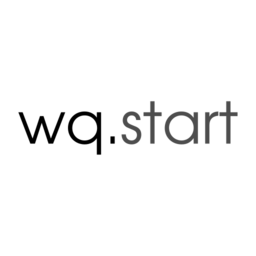Project scaffolding tools for creating a new crowdsourcing or citizen science application with the wq framework.
Project description
wq.start provides a simple command-line interface (wq start) for starting a new project with the wq framework, with wq.app for the front end and wq.db as the backend component. wq.start also provides commands for generating a default set of offline-capable list, detail, and edit templates. The templates can be generated for existing Django models (via wq maketemplates), or both the models and the templates can be generated from an ODK-style XLSForm (via wq addform).
Usage
# Recommended: create virtual environment
# python3 -m venv venv
# . venv/bin/activate
python3 -m pip install wq
wq start <projectname> [directory]
cd <projectname>/db
wq addform ~/my-odk-form.xlsx
See the Getting Started docs for more information.
Commands
wq start <projectname> [directory]: Create a new Django project (from the wq Django template)wq addform ~/myodk-form.xlsx: Create a new Django app from the provided XLSForm (uses xlsform-converter)wq maketemplates: Create templates for Django models registered with wq.db.rest
Project details
Release history Release notifications | RSS feed
Download files
Download the file for your platform. If you're not sure which to choose, learn more about installing packages.





















